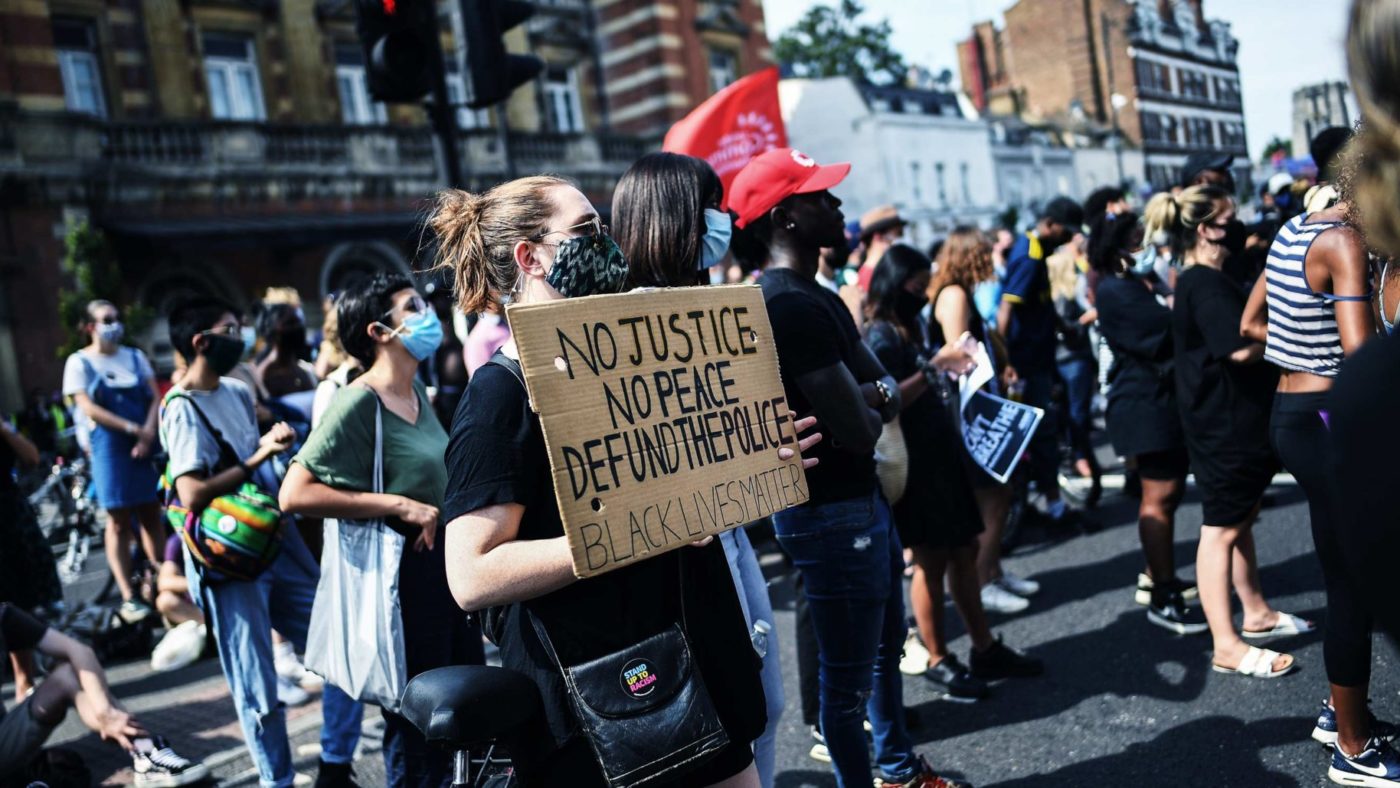In the aftermath of the death of George Floyd under police custody, and amid the wave of Black Lives Matter demonstrations in UK, concepts such as structural racism and systemic discrimination have been thrust into the spotlight. Trust and confidence in the police force, the allocation of rewards and opportunities, and the broader well-being of community relations have emerged as hot topics in mainstream socio-political discourse.
A new report published by Hope Not Hate, based on a Focaldata survey on socio-political attitudes of Britain’s ethnic minorities, clearly shows that there is room for improvement in terms of building bonds of trust and mutual understanding between the police and Britain’s inner-city urban neighbourhoods. Two-thirds of the survey respondents felt that there was a bias against BAME people, with this view being especially prevalent among black people. However, most of the BAME people polled did not feel that the problem of racism in policing was “systemic”.
Indeed, according to the survey, 64% of those from an ethnic minority background agreed that the police were a force for good on the whole, and that any problems over racism were down to a select number of individuals; in other words, a few ‘rotten apples’ in police forces. While this admittedly dips for younger BAME respondents, a majority – 55% – of respondents share this view.
So, while there is certainly work to be done, the doom-and-gloom narrative of a breakdown in relations between the police and certain communities – bolstered by the efforts of British leftwingers to import US-style culture war politics – is simply not rooted in reality. This is also reflected in the most recent Crime Survey for England & Wales, which found that seven in ten black people in the two home nations had confidence in their local police – not far off the 75% figure for white British people.
When compared with white Brits, non-white British people of Chinese, Indian, and Bangladeshi origin were actually more likely to have confidence in their local police force. Interestingly, focusing on the broader black population in England & Wales, levels of confidence were lower among full-time students (65%) and salaried professionals (70%) compared with blue-collar workers (75%).
Sadly, despite these findings, the identitarian-leftist tactic of depicting entire communities as being ‘let down’ and ‘oppressed’ by law enforcement is now all too well-established. For instance, Naz Shah, currently Labour’s shadow minister for community cohesion, once claimed that the Prevent counter-extremism programme had ‘failed’ and had ‘alienated the British Muslim community’. Yet, a recent study published by Crest Advisory found that 56% of British Muslims had never even heard of the Prevent programme. The survey also found that 64% of British Muslims trusted the police when it came to countering extremism and terrorism-related activity.
It is important that identitarian leftists – in politics, media, and academia – do not seize control of race-related debates associated with law and order. It is also the responsibility of high-profile public servants to speak responsibly and honestly on matters of state-citizen relations. Homogenising different social groups on the grounds of a common racial or religious identity, and deliberately framing them as disillusioned monolithic communities, is nothing but crude identity politics. Treating the police as an ‘enemy’ responsible for waves of racially-motivated state-sponsored violence, deserving of being defunded and eventually abolished, is exactly the kind of immature politics which has no place in a mature liberal democracy such as ours.
Instead, Britain’s local police forces should be seen as a shared institution which prioritises local community safety and broader social stability. Reinstating the old-fashioned model of neighbourhood policing – institutional authority through bonds of trust and respect, and providing safety through community presence – should be a key part of the Government’s law and order agenda.
An inclusive multi-agency approach to further improving police-community relations, conducted in the spirit of goodwill and optimism, holds the key. There is no room for alarmist identity politics built around racial and religious identities – especially when it comes to policing. Only broad-based coalitional alliances, based on the idea of local police forces maximising collective safety, can secure the positive and long-lasting change British society needs.
Click here to subscribe to our daily briefing – the best pieces from CapX and across the web.
CapX depends on the generosity of its readers. If you value what we do, please consider making a donation.


